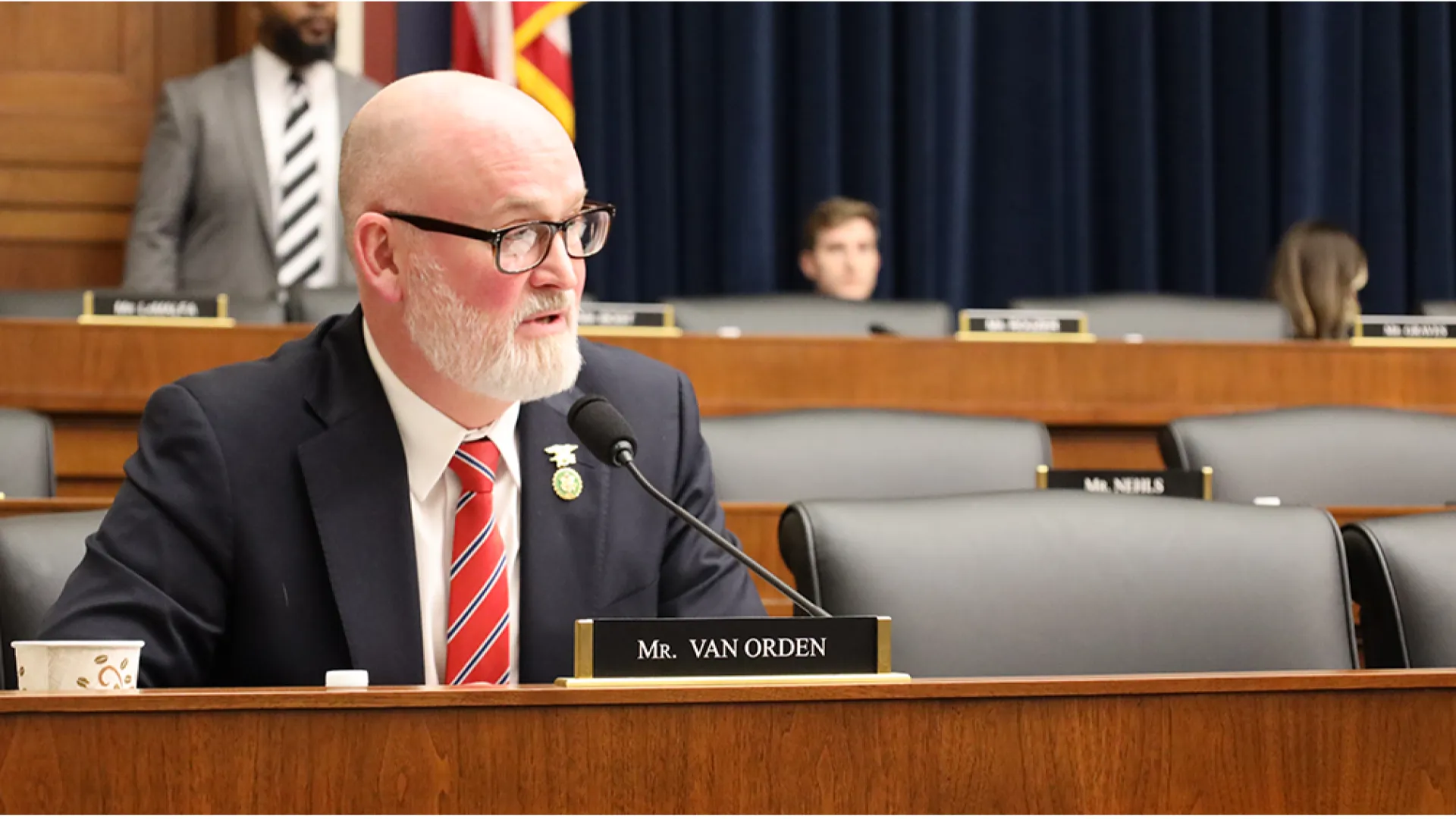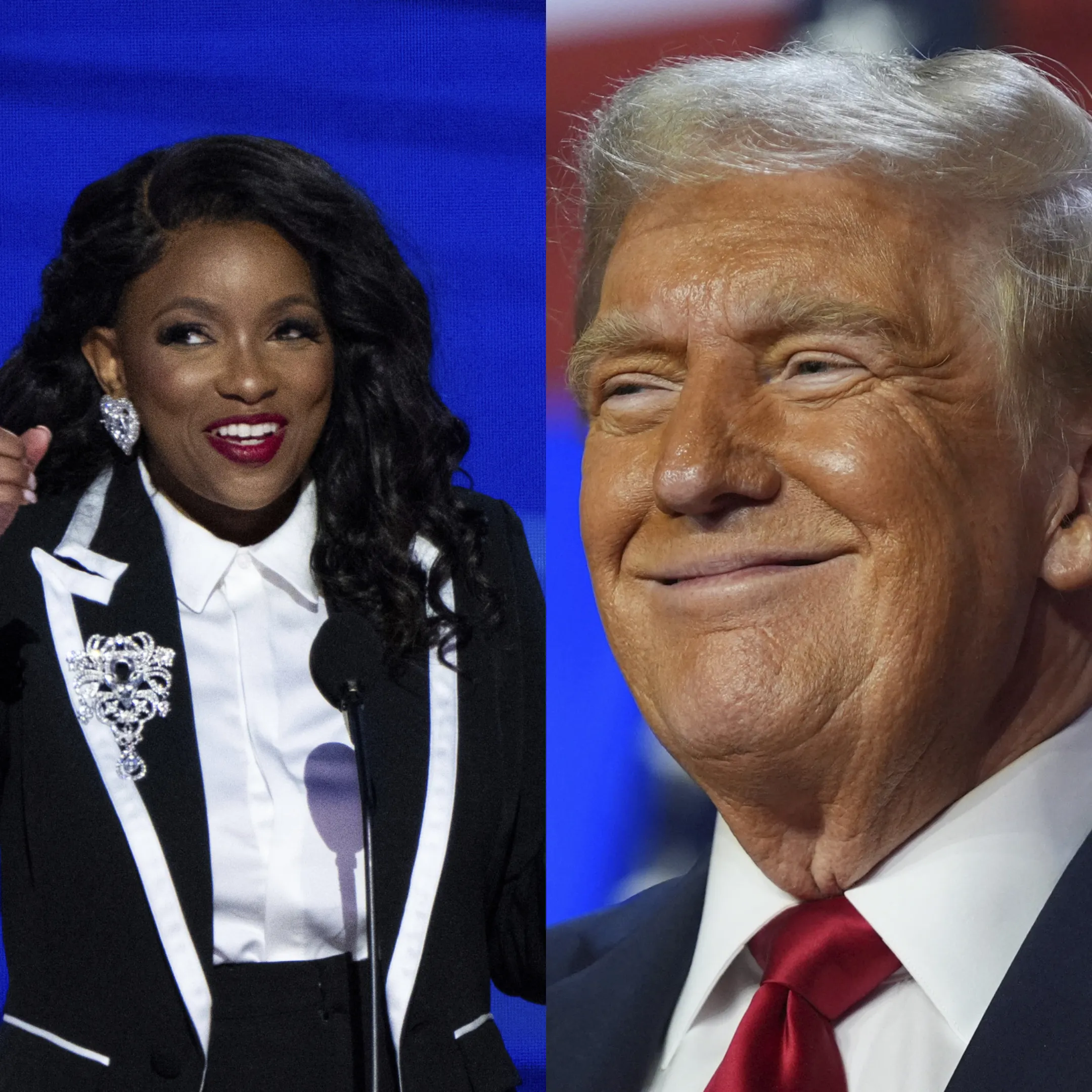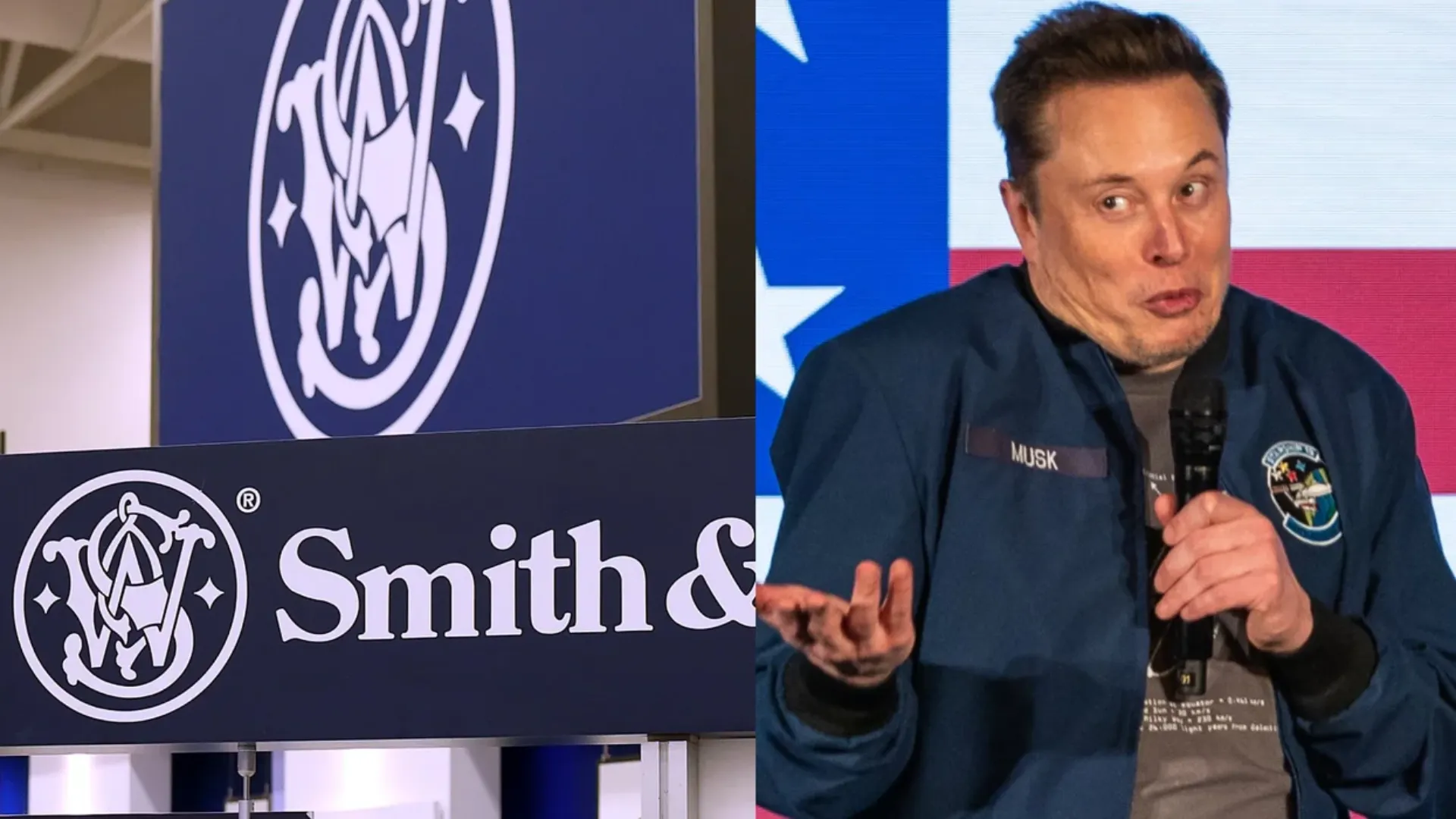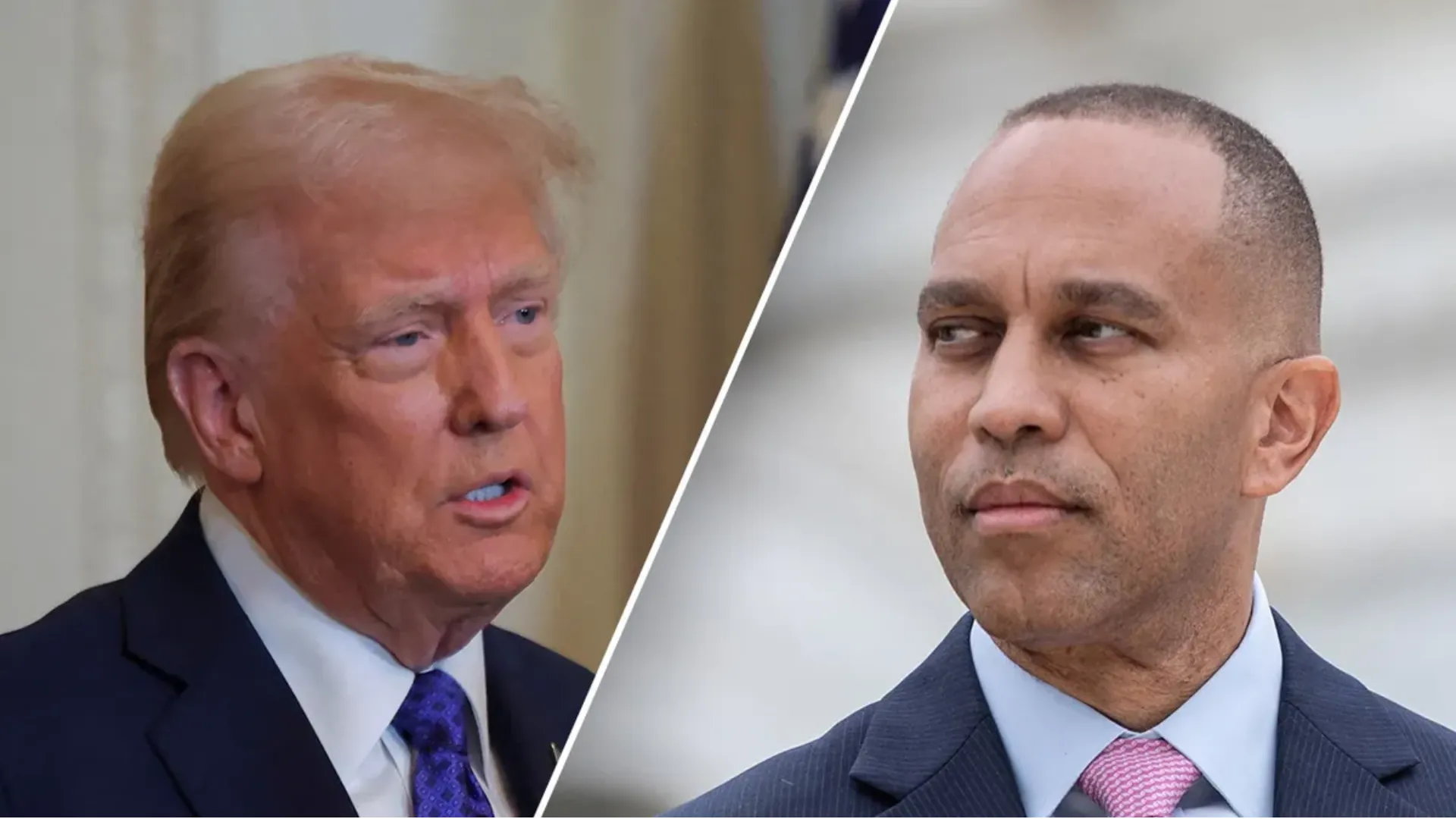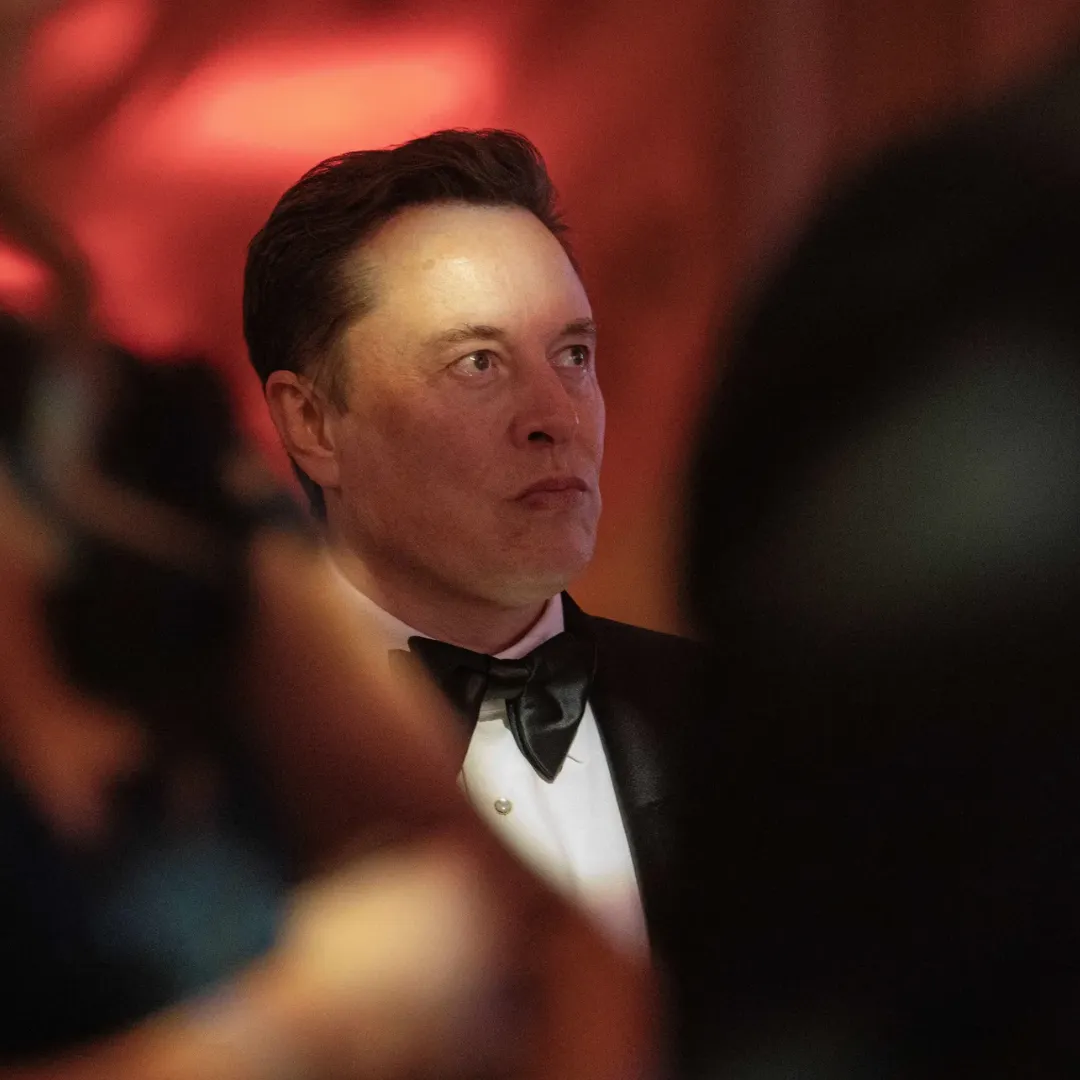
Elon Musk’s attempt to reinstate his massive $56 billion Tesla pay package was rejected by a Delaware judge on Monday, marking another legal setback in his quest to secure the controversial 2018 compensation deal.
The decision, issued by Delaware Chancery Court Judge Kathaleen St. J. McCormick, followed months of legal battles and a shareholder reauthorization vote.
Although Tesla shareholders reapproved the package in August 2024 during the company’s annual meeting, McCormick found no legal grounds to reverse her earlier ruling, which blocked the package in January.
Musk and Tesla’s board originally approved the compensation deal in 2018, tying Musk’s payout to ambitious performance milestones.
While the stock options were initially valued at $2.6 billion, their worth skyrocketed to $56 billion, prompting some shareholders to file a lawsuit accusing Musk and Tesla’s board of breaching fiduciary duties and unjustly enriching the billionaire.
In January, McCormick determined that Musk and his company failed to justify the legality of the payout. In response, Musk sought to address shareholder concerns and held a new vote in August.
However, McCormick’s Dec. 2 ruling reiterated her original decision, stating that Musk’s latest legal arguments contained “at least four fatal flaws.”
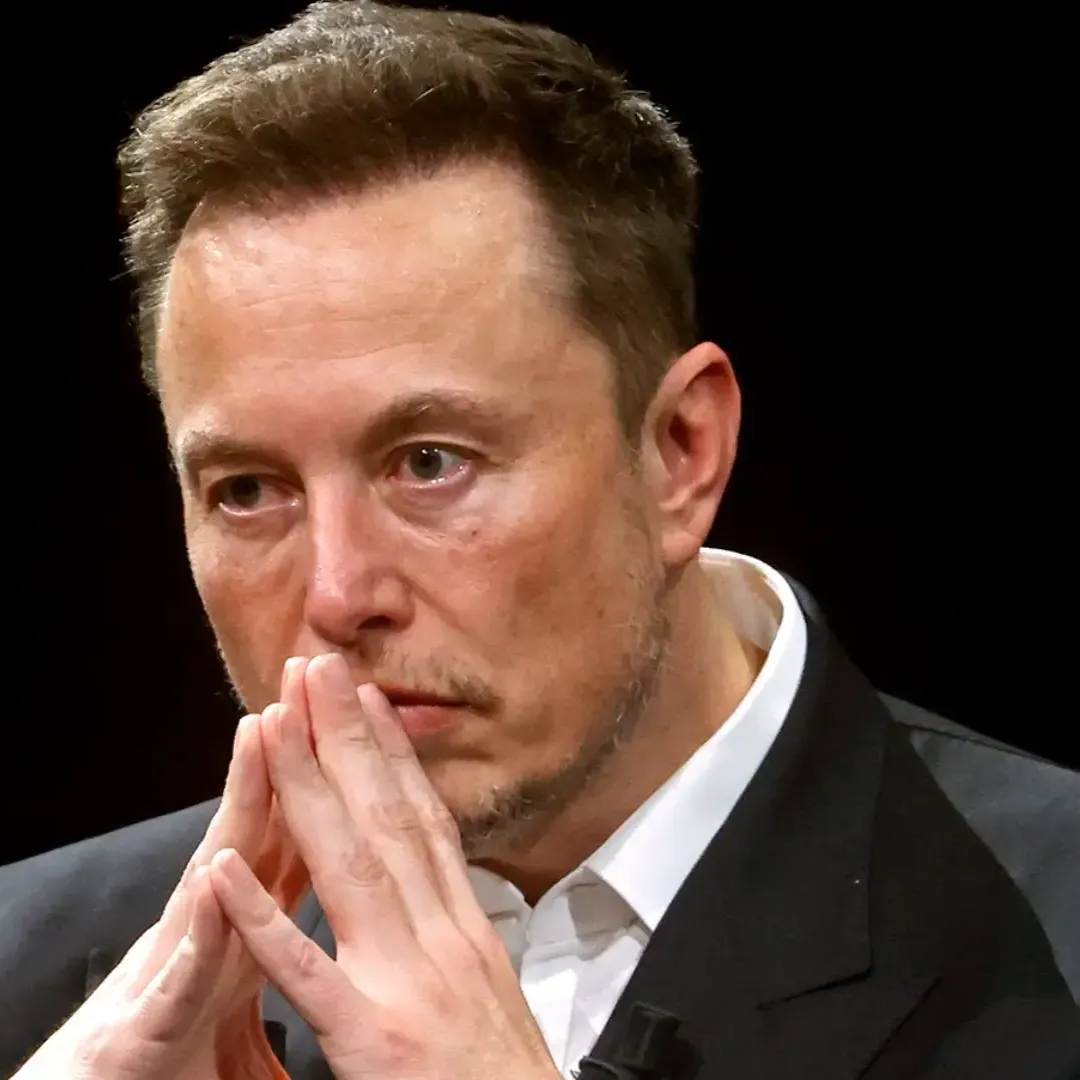
“The motion to revise is denied,” McCormick wrote. She criticized Musk’s legal team for presenting arguments that lacked procedural validity, describing their attempts as “creative but unprecedented theories that go against multiple strains of settled law.”
One of the key issues, McCormick noted, was the argument that the second shareholder vote amounted to “common law ratification,” which she dismissed as unfounded.
“A stockholder vote standing alone cannot ratify a conflicted-controller transaction,” McCormick stated, adding that the proxy statement for the vote contained “multiple, material misstatements.”
Despite Musk’s attorneys arguing that the second vote demonstrated shareholder support for the pay package even after its flaws were highlighted, McCormick ruled that there were no legal grounds to overturn her earlier decision.
McCormick also rejected a request from plaintiff attorneys for legal fees valued at over $5 billion in Tesla stock, calling the demand excessive. Instead, she awarded the attorneys $345 million in fees.
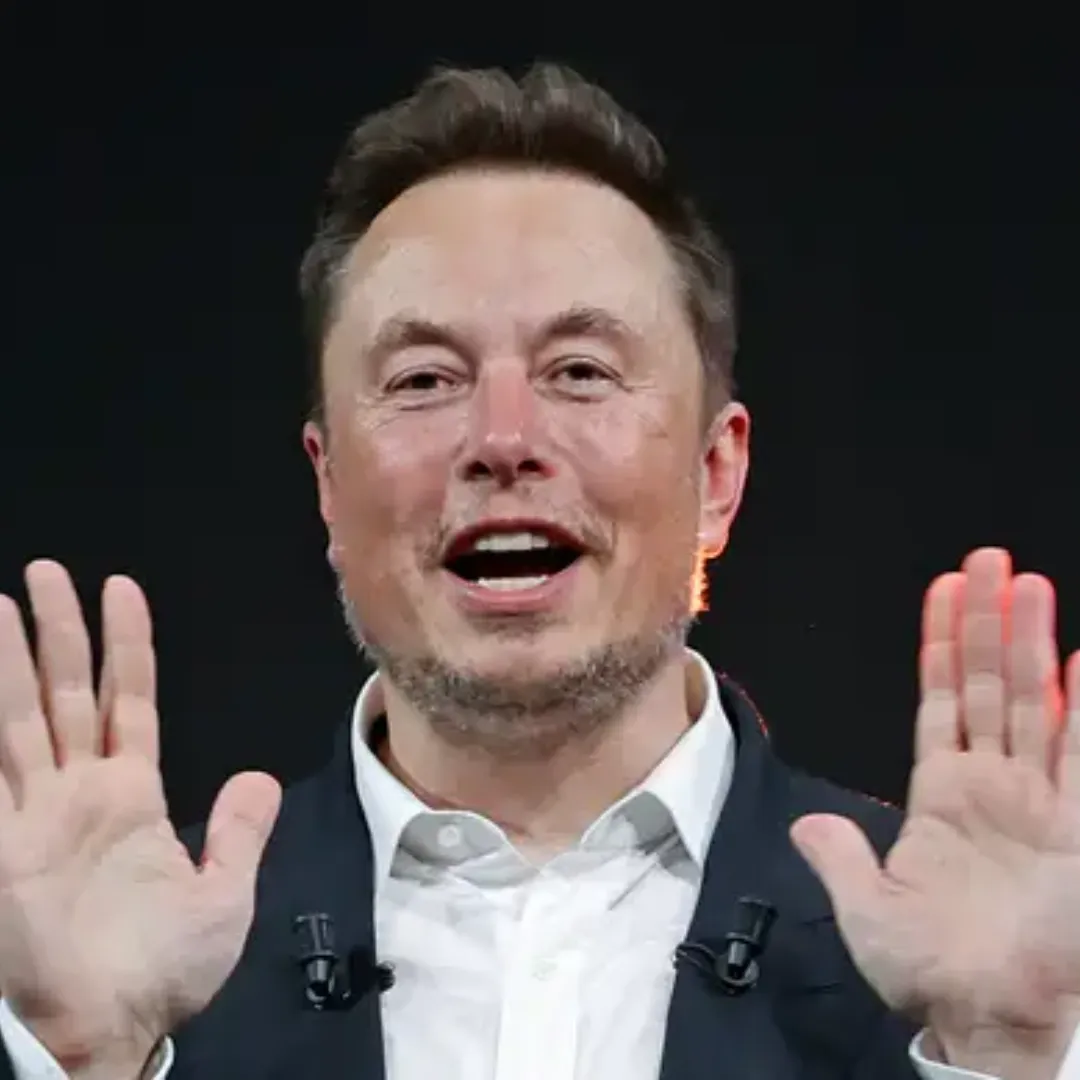
Tesla declined to comment on the ruling. Following the news, Tesla’s stock dipped slightly in after-hours trading, falling $4.74 (1.3%) to $352.35.
Despite the minor decline, the company’s stock has surged 47% over the past month, fueled by optimism surrounding President-elect Donald Trump’s victory and its potential benefits for Tesla.
Musk’s failed bid to reinstate the pay package represents a significant legal hurdle, but it does little to dent his financial standing. According to the Bloomberg Billionaires Index, Musk remains the world’s wealthiest person, with a net worth of $343 billion.
This case highlights ongoing debates over executive compensation and corporate governance. While Musk continues to lead Tesla through significant growth, the rejection of his pay package underscores the legal and ethical challenges involved in navigating high-stakes corporate decisions.
